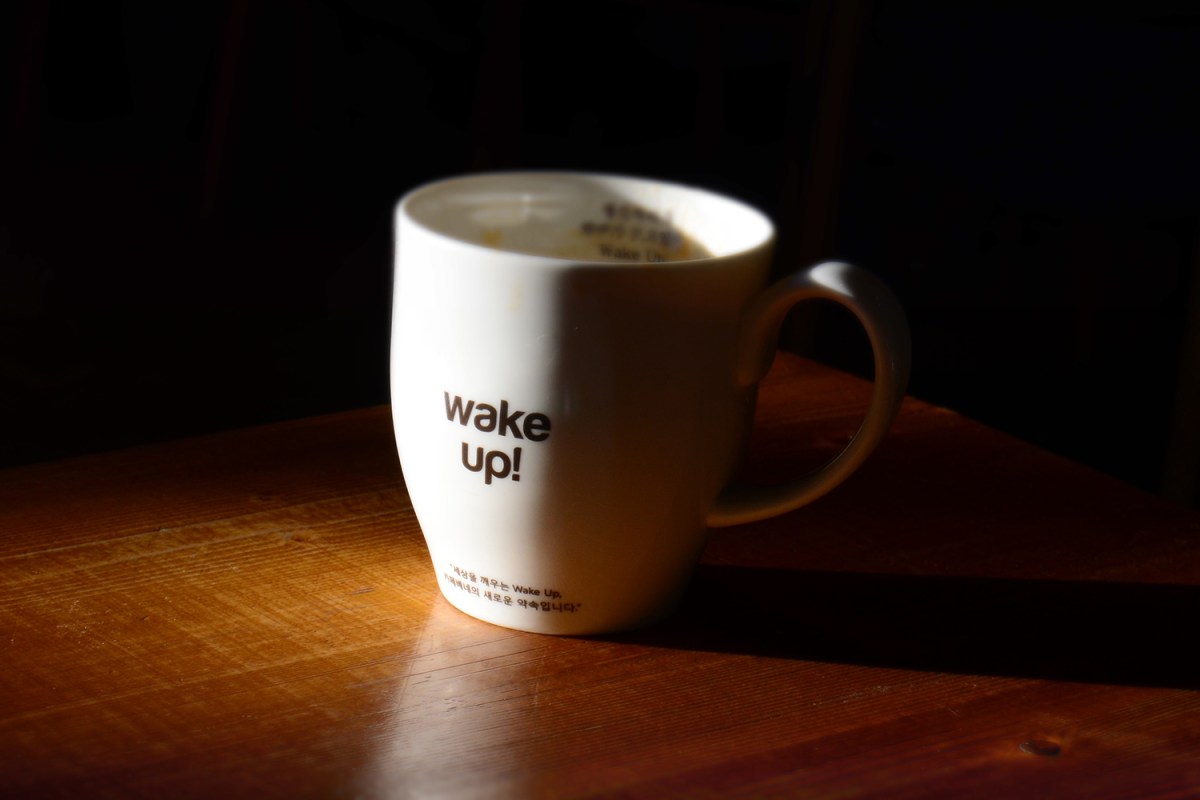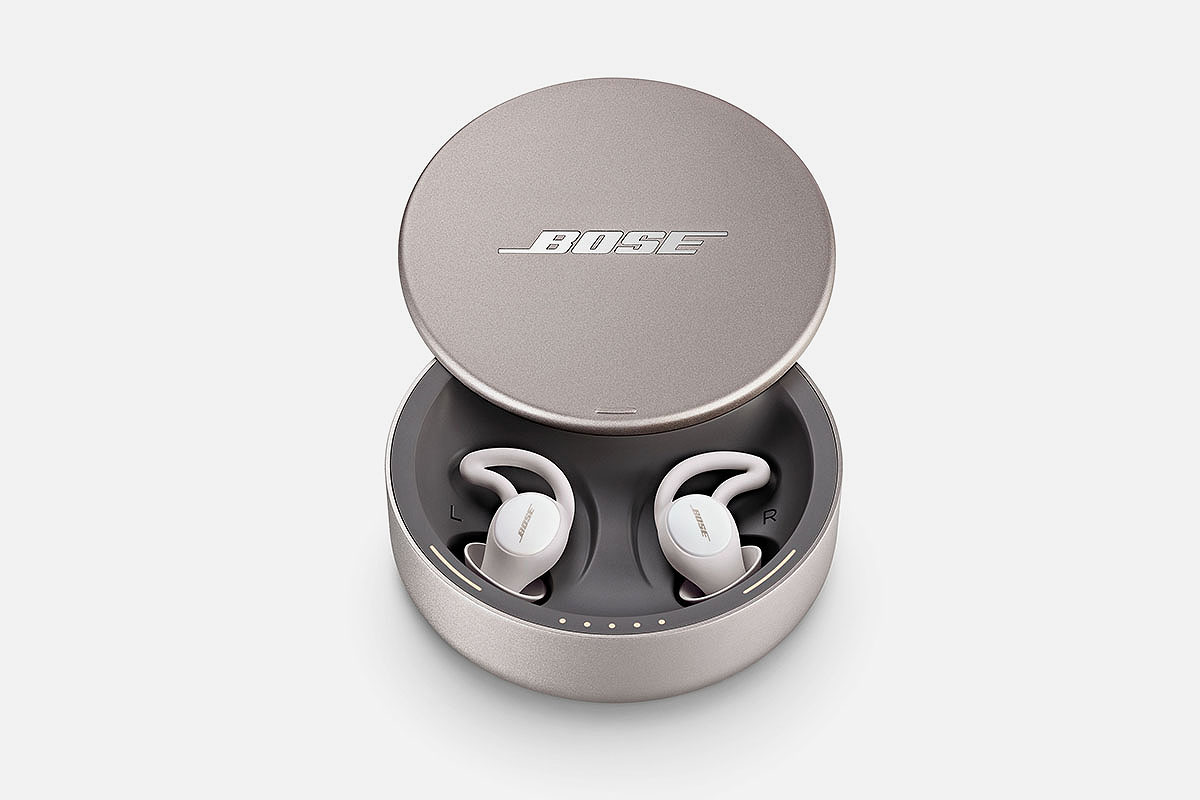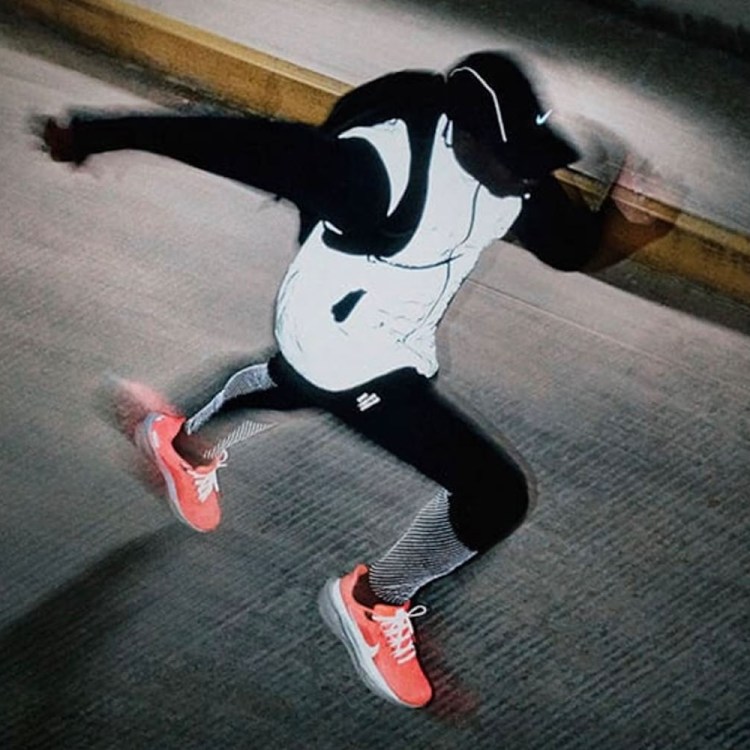The COVID era has turned the cliché of being late for work into a full-blown crisis. It was bad enough when people found themselves replicating Dagwood Bumstead’s carpool foibles or the Office Space anxiety of morning traffic in the before times; if you’re working from home and still can’t get up for work on time now, it’s finally time to fix your sleeping habits.
It all comes back to that age-old dichotomy between night owls and morning people. There’s always some new product — a weighted blanket, a sunrise alarm clock, a CBD tincture — promising to turn the former into the latter, and while many of those may be beneficial aids, they’re not wonder drugs. You can’t buy your way into being a 5 a.m. workout person, contrary to what Gustav Graves had us believe.
Instead of seeking out snake oil, we got in touch with Nitun Verma, MD, a spokesperson for the American Academy of Sleep Medicine, to get some insight into how to change your sleep schedule for good. He started by confirming that, yes, we each have our own unique sleep patterns, and no, those who are late sleepers aren’t inherently lazy.
“Our day and night schedules are influenced by our individual circadian rhythm,” Dr. Verma explains. “Some people tend towards early sleep and wake times, and this is called advanced sleep phase. The opposite is delayed sleep phase and people with this type of sleep often have difficulty falling asleep if they go to bed early, but sleep fine if they go to bed later (like on weekends).”
Now that we know hitting snooze on your alarm clock multiple times isn’t your fault — at least not entirely — there’s the matter of changing that habit. Dr. Verma has some advice on that front as well.
Sorry, changing habits takes time
If you’ve successfully gone to sleep early one night only to fall back into old habits afterward, that’s not a surprise. “Think in terms of a week or two” when trying to change your habits, Dr. Verma says. One-day (or even three-day) experiments are insufficient. To truly go from a night owl to a morning person, it involves reacquainting your body with a new routine. “People usually sleep better if they tend to wake and sleep at similar times each day,” he says. “An example is someone who wakes up naturally just before their alarm. The opposite is true too.”
Engineer bright mornings and dim evenings
The first step Dr. Verma uses when trying to help someone “advance” their sleep schedule is to institute bright mornings and dim evenings. “Bright mornings include bright lights, open windows and bright monitors right after waking up for at least 30-60 minutes,” he says. “Dim evenings is dimming devices, TVs, room lights for a few hours before bedtime.”
Keep your sleep and work space separate
Keeping your home and work life separate is normally a cardinal rule for a peaceful existence, but for many working from home it has become impossible. That said, there are important distinctions to keep within the home itself. “Don’t work in bed! Take it to the desk,” urges Dr. Verma. “If possible also keep your work desk in a different room from your bed.” This may be easier said than done depending on whether you live in a cramped apartment in New York or San Francisco, but any separation you can institute will help.
Help your brain power down
Everyone knows they shouldn’t be scrolling through Twitter or Instagram before bed (right?), but Dr. Verma takes it one step further. “The brain needs some time to cool off before sleep,” he explains, “so shift intense things (video games, multitasking, stressful conversations) earlier in the evening.” It’s not just your phone that’s ruining your quality of sleep, it’s a host of stressful and stimulating tasks. You’ve got a whole stack of books you meant to read during quarantine, so use them.
As it turns out, you don’t need Gravity blankets or melatonin gummies to help you fall asleep earlier, get a better night’s sleep and wake up refreshed. You do, however, need a healthy dose of discipline if you’re going to put Dr. Verma’s plan into action and become a full-fledged morning person. If it makes it any easier, just know that once the pandemic subsides, you can feel free to go back to rushing out the door at the last second with your blazer on one arm and an Eggo waffle hanging out of your mouth.
Whether you’re looking to get into shape, or just get out of a funk, The Charge has got you covered. Sign up for our new wellness newsletter today.

















